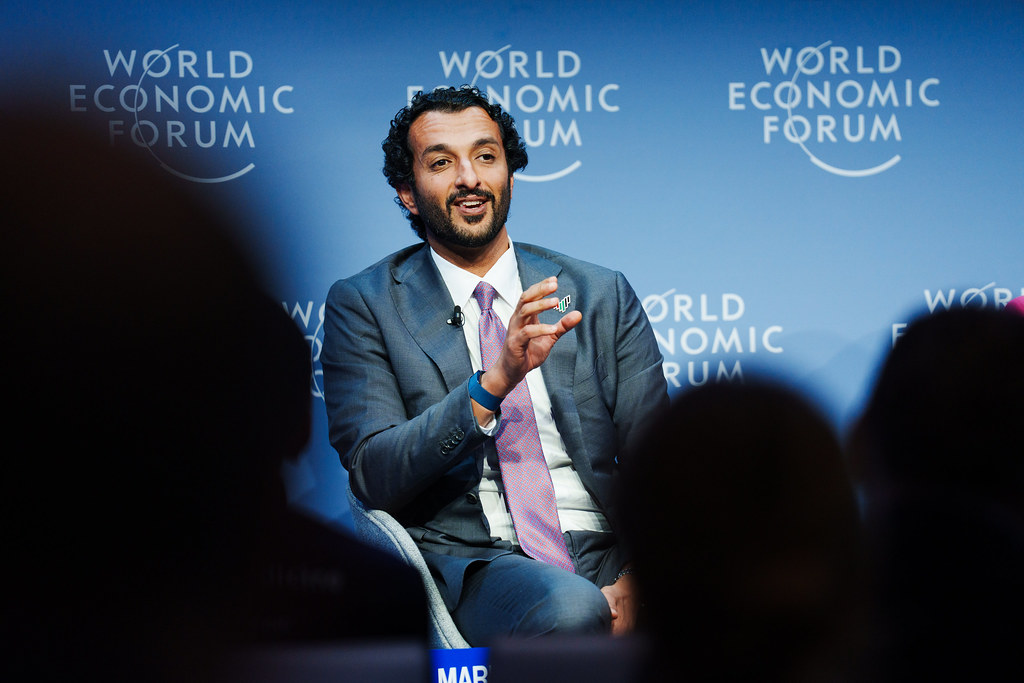Switzerland’s MFN Withdrawal From India – How UAE is Gaining Ground in Global Trade?
by Shethana Dec 18, 2024  5 MIN READ
5 MIN READ

Overview
Switzerland has announced the withdrawal of MFN (Most Favored Nation) status granted to India under the Double Taxation Avoidance Agreement (DTAA), effective January 1, 2025. This move is expected to prompt many Indian companies to relocate from Switzerland due to taxes from that date onward.
A huge crowd is choosing the desert over grassland for business.
Switzerland seems to be bowing down to international pressures, becoming more transparent to foreign governments and law enforcement agencies. This led many companies to slowly shift their business to the UAE due to its low tax pressure and easy licensing process. Here you will learn the major reason behind Switzerland’s MFN withdrawal and shift of global trade to the UAE.
Understanding the MFN Clause – The Status Between Switzerland and India
On December 11, 2024, the Swiss finance department issued an official statement referring to a 2023 Supreme Court of India ruling in the Nestle case as the basis for the significant decision for the MFN withdrawal. This move by Switzerland arises from the Double Taxation Avoidance Agreement (DTAA) between the two nations. So what does this Most-Favoured Nation (MFN) status entail? Why has Switzerland chosen to revoke it? And what does this mean for Indian businesses? Let’s delve deeper.
The MFN status is a key term in international trade agreements. It guarantees that a country grants one nation the best treatment or tax rates it extends to any other under certain conditions, in the Double Taxation Avoidance Agreement (DTAA) between India and Switzerland. The countries that are part of the MFN ensure that lower tax rates offered to residents of other OECD countries are equally extended to the treaty partner. The Organisation for Economic Co-operation and Development abbreviated as OECD, was founded in 1961 in Paris, and functions as a platform and knowledge hub for data, analysis, and best practices in public policy.
Swiss’s Explanation for MFN Withdrawal
India and Switzerland first signed the Double Taxation Avoidance Agreement (DTAA) in 1994, which was later amended in 2010. Before this, India had established tax agreements with Lithuania and Colombia that offered lower tax rates on specific types of income compared to those extended to OECD member countries. Now both Lithuania and Colombia have joined the OECD.
In 2021, Switzerland concluded that the accession of Colombia and Lithuania to the OECD included the application of a 5 percent tax rate on dividends under the MFN clause in the India-Switzerland tax treaty, replacing the 10 percent rate originally outlined in the agreement.
On October 19, 2023, the Indian Supreme Court announced that the MFN clause between two nations does not automatically apply when a country becomes an OECD member. Switzerland Contradicts Supreme Court – Terminates MFN. The official statement states that the Swiss Finance Department referenced the Indian Supreme Court’s 2023 ruling and announced the “suspension of the application of the MFN clause in the protocol to the agreement between the Swiss Confederation and the Republic of India for the avoidance of double taxation for taxes on income.”
How Switzerland’s MFN Withdrawal Benefits the UAE Economy
The decisions taken by many companies to shift from Switzerland to the UAE are due to its long-standing neutrality and its role as a mediator in regional conflicts. With a budget surplus, low debt levels, and a low crime rate, it has also become a prominent global investment hub, attracting foreign direct investment (FDI) exceeding $20 billion in recent years.
Dubai and Abu Dhabi have implemented numerous licensing regimes—admittedly sometimes overlapping but still relatively straightforward—and introduced comprehensive rulebooks, guidelines, and circulars covering key areas of regulatory compliance such as AML, information security, customer protection, and governance. Over the past year, many Swiss self-regulatory organizations (SROs) have relocated their operations to the UAE.
Factors Leading to Switzerland’s Decline
- In 2009, Switzerland agreed to end the practice of ring-fencing UBS account holder names and complied with FATCA (Foreign Account Tax Compliance) requirements. These actions enabled Swiss banks to share client names and account details with the U.S. government as part of a tax evasion settlement.
- While initially hailed as a positive step toward combating crime, later many veteran Swiss bankers now refer to that moment privately as “the beginning of the end” for Switzerland’s legislative and jurisdictional independence.
- Another case supporting this occurred in 2015 when Switzerland revised its banking laws by adopting CRS – common reporting standards that increase transparency about tax matters on a global scale, marking another major shift away from its traditional banking secrecy practices.
- In 2022, Switzerland broke from its tradition of neutrality in international conflicts by joining the US, European Union, and other nations in imposing sanctions on Russia following its invasion of Ukraine.
All these factors have led people to reconsider setting up companies in Switzerland.
Closing Thoughts!
Switzerland’s decision to withdraw MFN status for India represents a pivotal moment in global trade dynamics. While aimed at aligning with international transparency standards, this move has increased tax burdens on Indian companies and driven many to consider relocating their operations. In contrast, the UAE has seized the opportunity to attract global businesses, emerging as a dynamic alternative to Switzerland. With its favorable tax policies, efficient licensing processes, and openness to emerging markets. We at Arinifi are here to help you set up your business in the UAE and handle post-set-up services. The UAE offers a business-friendly environment that appeals to companies seeking growth and stability. For more insightful articles on global economic trends and strategies, visit Arnifi now!
Top UAE Packages

Related Articles
Top UAE Packages



